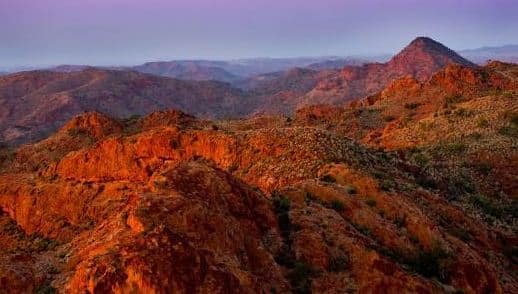Researchers and policy-makers often make the mistake of ignoring indigenous knowledge when it is bound up in worldviews, like Dreamtime stories, that they view as impossible or fanciful. In fact, however, different cultures can approach the truth from different starting-points.
A great example is the Dreamtime stories relating to “Sickness Country”. According to local stories from Kakadu, a creation figure named Bula arrived in the area on a journey south from the coast. The places where Bula stopped and eventually laid to rest underground are meant to be avoided.
Traditional owners are often reluctant to speak in detail about Dreaming stories. But it’s common knowledge in the area to avoid making camp at Bula sites, and also to always wear shoes because any cuts and grazes from the area take a long time to heal.
A 2021 report to the Australian Bureau of Mineral Resources confirmed, “A large part of the ‘sickness country’ [in Kakadu] coincides with a region containing localised areas of unusually high natural levels of thorium, uranium, arsenic, mercury, fluorine and radon.” These sites also correspond to areas where uranium has been mined historically and currently.
The bureau went on to recommend testing all groundwater before consumption, and also that “atmospheric radon levels should be checked in sites with poor ventilation…The natural levels of concentration in the land and possibly the water systems of the South Alligator Valley area could constitute an environmental hazard.”

A similar story pertains to the Flinders Range in South Australia, where the Beverley uranium mine is located. According to elder Regina McKenzie, a local Dreaming story says that an ancestor became sick and vomited in one of the basins, and his sickness sunk down into the earth.
There have reportedly been over 200 safety breaches at Kakadu’s Ranger uranium mine since mining commenced in 1980. It later emerged, thanks to a France-based study carried out in Kakadu and published in Nature, that wetlands pose unique, previously unknown risks for radiation leaks.
Elon Musk recently advocated expanding nuclear power to Donald Trump, arguing this week that it is “not as scary as people think”. The Australian dilemma, however, is not so much the danger of nuclear power, but how dangerous it is to keep digging up.
Sign Up To Our Free Newsletter